Description

What is Amphetamine (Evekeo)?
What is Amphetamine (Evekeo) used for?
-
Attention deficit-hyperactivity disorder (ADHD)
-
Narcolepsy
-
Short-term add-on treatment for obesity
How Amphetamine (Evekeo) works
Amphetamine (Evekeo) is a stimulant medication. It’s not exactly known how this medication works. But researchers do know that it raises the amount of norepinephrine, dopamine, and serotonin in the brain. These chemicals are thought to play a role with how well you pay attention, how you sleep, and how much you want to eat.

What are the risks and warnings for Amphetamine (Evekeo)?
Amphetamine (Evekeo) can cause some serious health issues. This risk may be even higher for certain groups. If this worries you, talk to your doctor or pharmacist about other options.

Risk of misuse and addiction
-
Risk factors: History of substance or alcohol use disorder | Taking more amphetamine (Evekeo) than prescribed
Amphetamine (Evekeo) has a high risk that it could be misused. Misusing this medication can be harmful and lead to serious side effects. These include fast heart rate, high blood pressure, nightmares, aggressive behavior, and even thoughts of hurting yourself or others. It can also raise your risk of addiction and a deadly overdose.
To stay safe, take amphetamine (Evekeo) exactly as prescribed to you. Don’t change the dose or how often you take it without talking to your prescriber first. Talk to your prescriber if you’re worried about these risks.

Risks to people with serious heart conditions
There have been reports of sudden death in people with certain heart problems taking stimulants like amphetamine (Evekeo). Before starting this medication, tell your prescriber about any heart issues that you have. This can include coronary artery disease (CAD) or heart rhythm problems. Also let them know if you have any problems with the structure of your heart. Your prescriber can make sure amphetamine (Evekeo) is safe for you.

Higher blood pressure and faster heart rate
Your blood pressure and heart rate can go up while taking stimulants like amphetamine (Evekeo). On average, blood pressure can get 2 mmHg to 4 mmHg higher. And, heart rate can get 3 to 6 beats per minute faster.
Let your prescriber know if you have high blood pressure or a history of having a fast heart rate. They can make sure amphetamine (Evekeo) is safe for you. Tell your care team if your blood pressure is higher than normal or if you feel your heart racing.

Strange thoughts or behaviors
-
Risk factors: History of psychotic episodes or other manic psychiatric conditions | Personal or family history of depression | Family history of suicide or bipolar disorder
Stimulants like amphetamine (Evekeo) can sometimes make you act strange or have unusual thoughts. This can include being irritable, acting recklessly, or having too much energy. Some people might start to see or hear things that aren’t there (hallucinations). And others might start to have delusions, or believe things that aren’t true.
Although rare, changes in thoughts and behaviors can happen in people who’ve never had these problems before. But they can be worse or more likely to happen if you already have a mental health condition like psychosis or bipolar disorder. Your prescriber will check your risk before you start amphetamine (Evekeo).
If you start acting in a strange way or have unusual thoughts, tell your prescriber. You might need to stop taking amphetamine (Evekeo).

Slow growth in children
Stimulants like amphetamine (Evekeo) have been linked to weight loss in children. There’s also a possibility that children might grow in both height and weight more slowly. Your child’s care team will measure their height and weight often. If your child isn’t growing as well as they should, their primary care provider might say to take a break from the medication.
Speak to your child’s primary care provider or prescriber if you notice your child has lost a lot of weight. Talk to their care team if you’re worried about your child’s growth.

Seizures
-
Risk factors: History of seizures | High risk of seizures
It’s rare, but stimulants like amphetamine (Evekeo) might make it easier for seizures to happen. The risk is higher if you’ve had seizures before. If you have a seizure, get medical help right away. You’ll probably have to stop taking amphetamine (Evekeo).

Problems with blood flow in the arms and legs, including Raynaud’s phenomenon
Stimulants such as amphetamine (Evekeo) have been linked to problems with blood flow in the arms and legs. This includes Raynaud’s phenomenon, which affects blood flow to your fingers and toes.
Raynaud’s phenomenon can make your fingers and toes change color from pale, to blue, to red. They can also hurt or feel cold or numb. These symptoms happen with changes in how much blood gets to your fingers and toes. Symptoms are usually mild and they happen every so often. But rarely, it can lead to other problems like sores or tissue damage.
Tell your care team if you have any of these symptoms while taking amphetamine (Evekeo). Usually, they get better after your prescriber lowers your dose or after you stop the medication.

Serotonin syndrome
-
Risk factors: Taking monoamine oxidase inhibitors (MAOI) within 14 days of amphetamine (Evekeo) | Taking other medications that raise serotonin levels in your brain
There’s a risk of a rare but serious problem called serotonin syndrome if you take amphetamine (Evekeo) with some other medications. Serotonin syndrome happens when there’s too much serotonin in the brain.
Medications that raise the risk of this problem are those that make serotonin levels go up in the brain. Some examples are antidepressants, MAOIs, and migraine medications called triptans. Let your care team know about all the medications you take or plan to take. They can look for drug interactions and make changes to keep you safe if needed.
Get medical help right away if you have signs of serotonin syndrome. Watch for signs like a fast heart rate, sweating, high fever, stiff muscles, changes in behavior, and confusion.

What are the side effects of Amphetamine (Evekeo)?
Common Side Effects
- Low appetite
- Trouble sleeping
- Headache
Other Side Effects
- Fast or irregular heartbeat
- Higher blood pressure
- Dry mouth
- Unpleasant taste in the mouth
- Diarrhea
- Constipation
- Weight loss
- Restlessness
- Dizziness
Serious Side Effects
- Changes in thoughts or behavior: manic episodes, hallucinations, delusional thinking
- Serotonin syndrome: fast heart rate, sweating, fever, stiff muscles, muscle spasms, confusion
- Seizure
- Allergic reaction: rash; hives; trouble breathing; swelling of face, lips, tongue, or throat
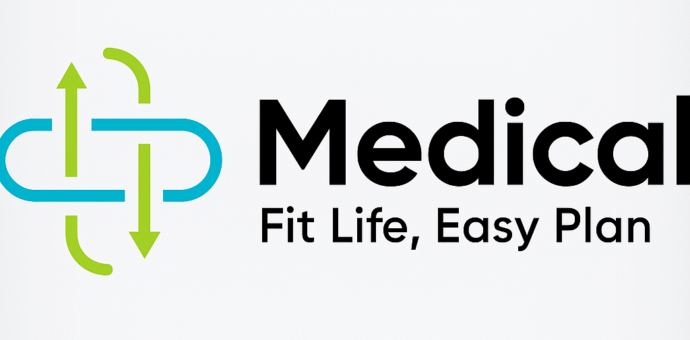
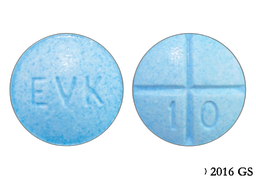



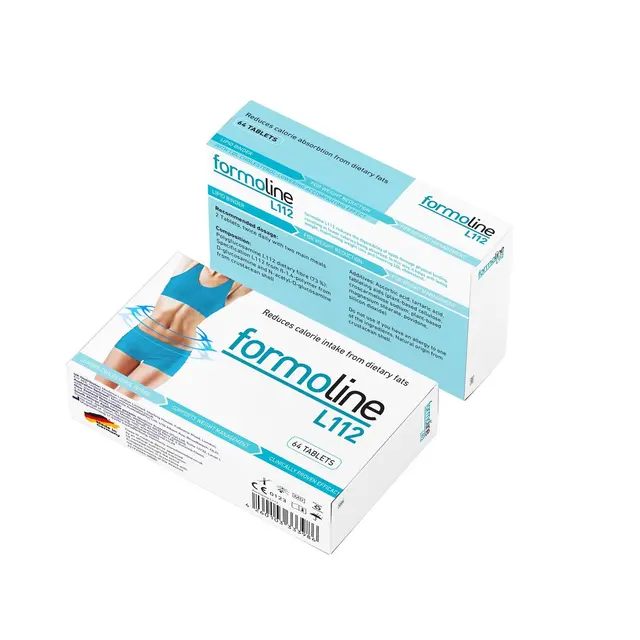
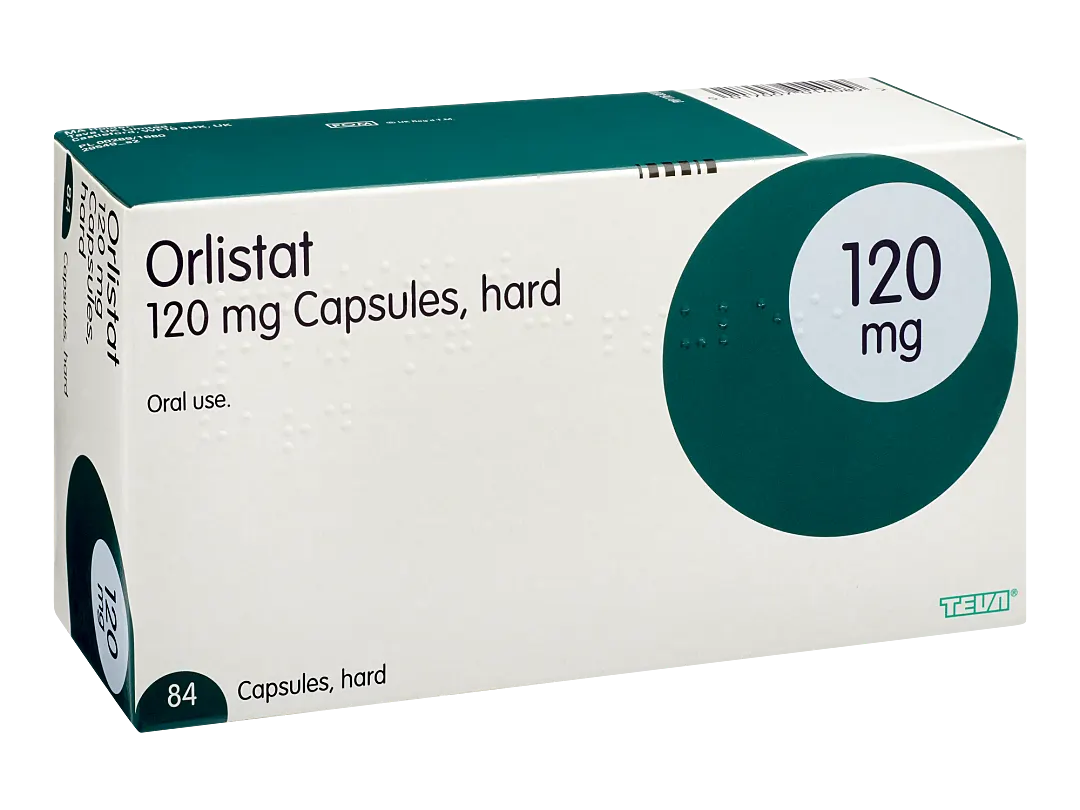
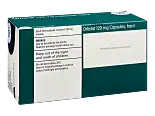
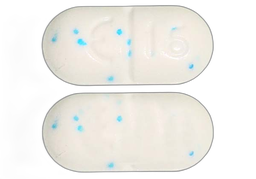
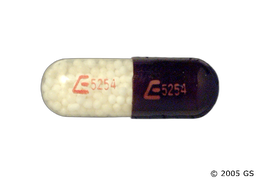
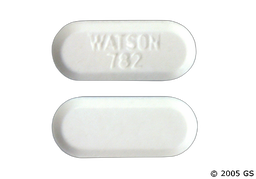
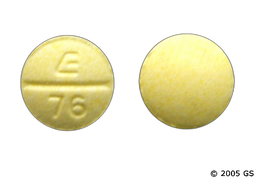
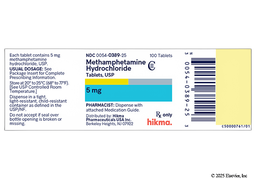
Reviews
There are no reviews yet.